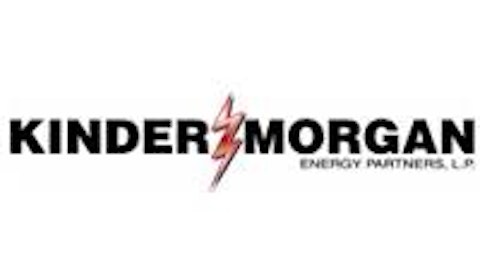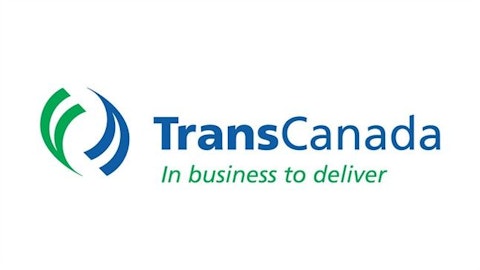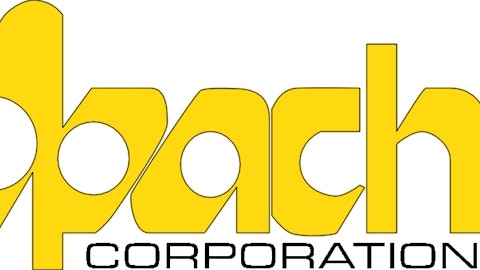If Keystone XL gets built
If the current difference in price between Canadian oil sands and other heavy oil sources remains at current levels, refiners have the potential to save over $9 billion a year in feedstock costs. This presents a major upside for refiners that might enable them to continue the impressive run they have had the the past several months.
Of course, some will benefit more than others. There are 24 different companies that have refining facilities in the Gulf Coast region, but the bulk of that capacity is limited to a small handful of players. The 10 companies listed above are responsible for about 86% of all refining capacity in the Gulf Coast region.
With so much to gain, it shouldn’t come as a surprise that several oil companies have come out in support of building the Keystone XL pipeline. Of the 10 companies listed above Chevron Corporation (NYSE:CVX), Exxon Mobil Corporation (NYSE:XOM), Marathon Petroleum Corp (NYSE:MPC), Shell, and former Phillips 66 (NYSE:PSX) parent ConocoPhillips (NYSE:COP) have joined TransCanada Corporation (USA) (NYSE:TRP) in the lobbying effort to have the pipeline built. Combined, these six companies spent $33.2 million dollars in 2012 on lobbying in Washington. While not all of it was specifically spent on Keystone XL, throwing that kind of money around can certainly help the cause.
If Keystone XL gets rejected
To put a positive spin on things, the possibility of the pipeline being rejected has little downside risk if current market conditions were to persist. Business would probably continue as it has in the Gulf for the foreseeable future where Orinoco Belt heavy from Venezuela, Maya heavy from Mexico, and Saudi heavy fuel the heavy-oil needs of the U.S.
This also assumes that prices for these imports will not significantly increase, which is extremely difficult to predict. Both Mexico’s and Venezuela’s national oil companies have struggled mightily in the past couple of years to compete on the open market, and their production levels have slipped for several years. If this trend continues, it could lead to higher prices for heavy oil, which would either cost refiners more for feedstock, or would give further incentive to build a pipeline from Canada.
What a Fool believes
When connecting the dots in the Keystone XL story, it becomes obvious that refiners are one of the most directly effected parts of the industry. But there is much more to the Keystone XL story. Stay tuned to read about how other parts of the energy space could see profound effects on their operations due to this controversial pipeline.
The article Everything You Need to Know About Keystone XL: Why U.S. Refiners Care originally appeared on Fool.com.
Fool contributor Tyler Crowe has no position in any stocks mentioned. You can follow him at Fool.com under the handle TMFDirtyBird, on Google +, or on Twitter, @TylerCroweFool. The Motley Fool recommends Chevron and Spectra Energy (NYSE:SE).
Copyright © 1995 – 2013 The Motley Fool, LLC. All rights reserved. The Motley Fool has a disclosure policy.





